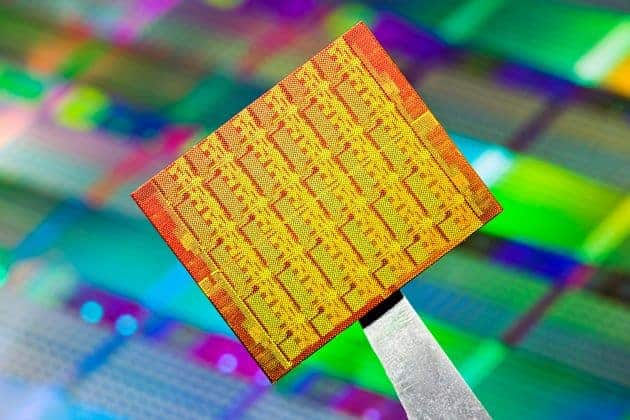Giant chipmaker companies announce that they are coming together to make a chiplet technology standard.
Some of the major chipmaking companies of today, such as Advanced Micro Devices Inc., Intel Corp, Samsung Electronics Co. Ltd., Arm LTS., ASE Inc., TSMC Ltd, and Qualcomm Inc., are collaborating to develop the industry standard for chiplet technology. Chiplets are an integral component of modern-day processors. Moreover, even Google LLC’s cloud business, Meta Platforms Inc. (by Facebook), and Microsoft Corp are participating.
The goal
These companies want to achieve the goal of ensuring there is an industry-certified standard for those processes that need chiplet technology to run. Chiplets are enhanced circuits to perform specific tasks, like running AI models. You can also link together multiple integrated circuits to create a whole processor.
However, you can’t just solder together many chiplets to create a working processor. Instead, you have to ensure they are linked so that data can travel through each chiplet to be processed. AMD and Intel are trying to address this requirement with the other tech firms for this purpose.
Ensuring that there is an industry-standard allows product development to get simplified, and new products can enter the market quicker.
About the industry standard
UCle is the standard these firms are developing, providing tech best practices to build technology with chiplets linking together to form a singular processor.
Besides product development getting faster, this will allow chiplets made by various companies to be still linked without an issue. Thus, new processors can be created by combining tech from different chipmakers.
Apart from ensuring that electric signals travel through the processor properly, the silicon used to create them must be compatible with the UCle standard. Moreover, it will also help create interconnects so that 1.3 TBs of data can be moved per second across chiplets.
PCle is an existing tech that many data centers use, and this standard will also allow chiplet-to-chiplet transfer of data.
